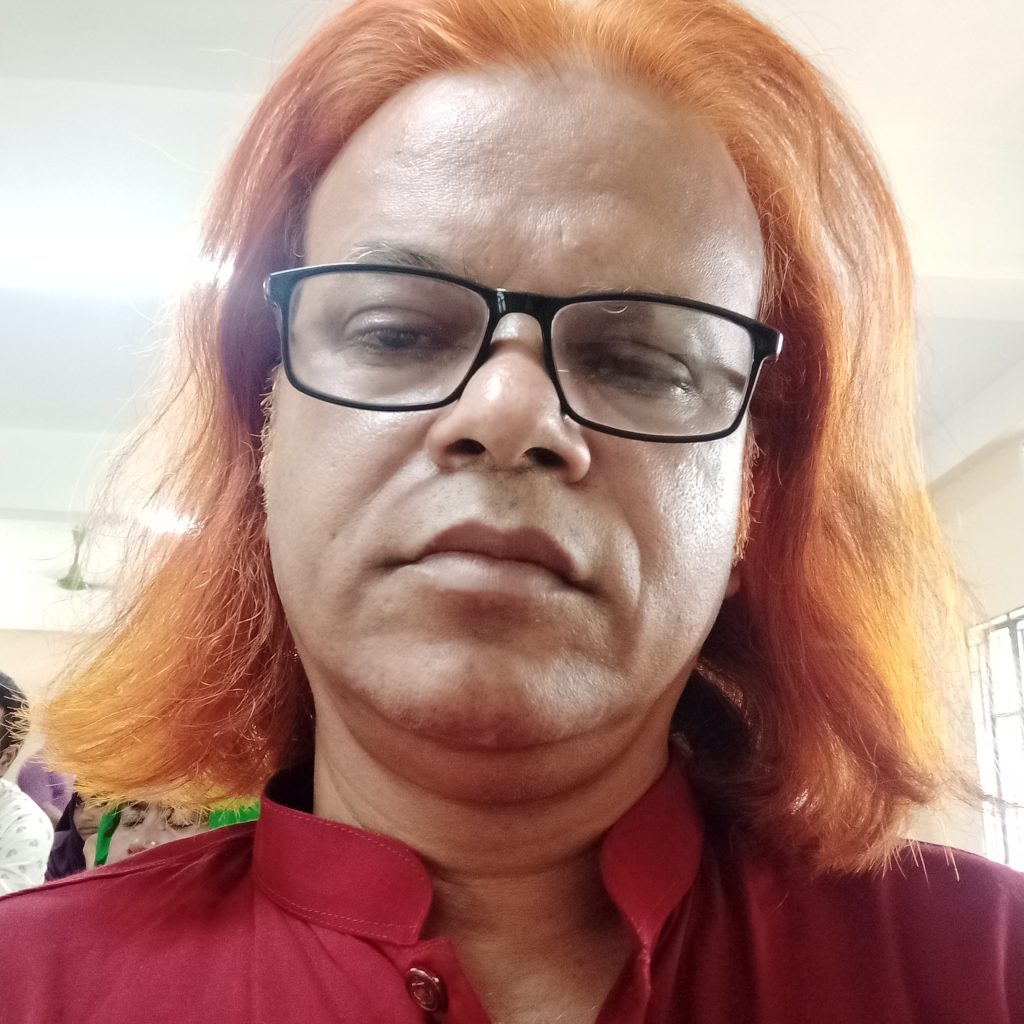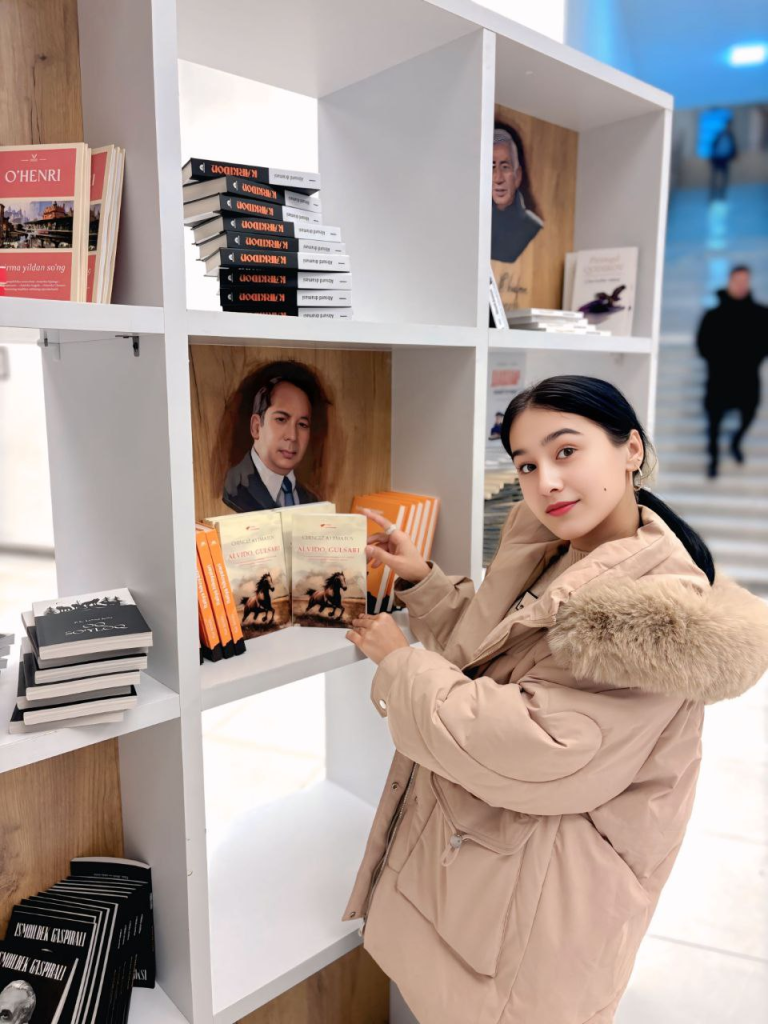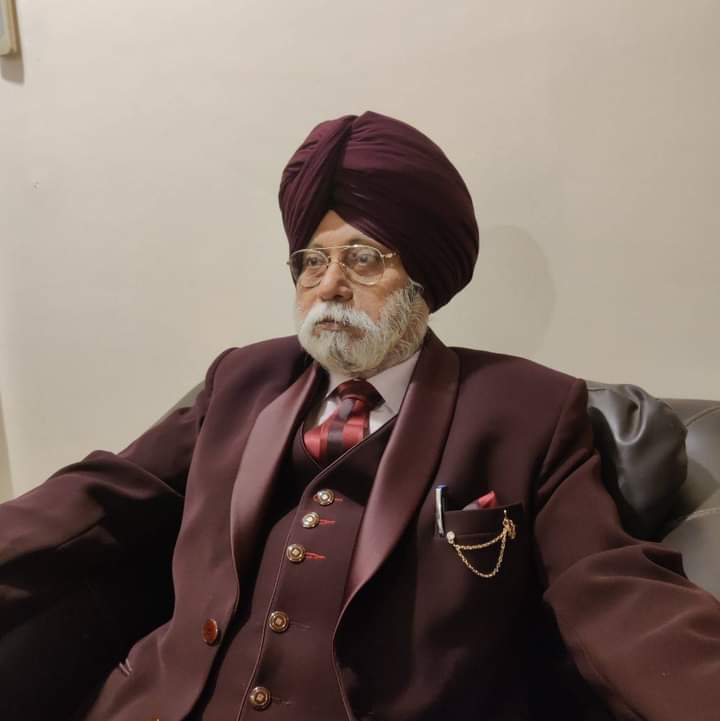The Content and Main Directions of Upbringing
Andijan State University
Faculty of History and Social Sciences
Student of Applied Psychology
Tolqinova Marifatoi Shavkatjon qizi
Email: aprmaaprov@gmail.com
Tel:+998930759404
Annotation: This article mainly focuses on the process of upbringing, namely the essence, content, and significance of the upbringing process. The content of the article is upbringing is understood as a system of knowledge, skills, beliefs, personal qualities, character traits, and patterns of behavior that learners are expected to
acquire in accordance with the set goals and objectives. The main purpose of upbringing is to form a well-rounded and harmonious individual. In other words, the primary goal of upbringing is to educate a person who is fully developed in the spiritual, scientific, moral, and social aspects.
The main task of upbringing is to ensure the purposeful development of members of society and to create appropriate conditions for meeting their various needs. When one need is satisfied, another emerges. If these needs are chosen and developed based on proper upbringing, an individual can achieve the necessary successes and levels of personal development. For example, a person who chooses the path of education and knowledge has certain needs that can be explained step by step: the first step is admission to a bachelor’s program, the second step is entering a master’s program,
the third step is enrollment in doctoral studies, followed by further stages of academic and professional growth.
Keywords: educational process, content of education, essence of education, significance of education, well-rounded personality, personal development, goals of education and objectives, knowledge and skills, belief, personal qualities, behavior, social
needs, continuous development, motivation, professional growth.
Аннотация:В данной статье в основном рассматриваются процессы воспитания, а именно содержание, сущность и значение воспитательного процесса. Содержание воспитания понимается как система знаний, умений, убеждений, личностных качеств, характера и поведенческих установок, которые обучающиеся должны усвоить в соответствии с поставленными
целями и задачами.Основная цель воспитания заключается в формировании всесторонне развитой личности. То есть главной целью воспитания является становление личности, гармонично развитой в духовном, научном и коллективном аспектах.
Основной задачей воспитания является создание
условий для целенаправленного развития членов общества, а также для удовлетворения их различных потребностей. Иными словами, при удовлетворении одной потребности возникает следующая, и если данные потребности формируются на основе правильно организованного воспитания, личность способна достигать необходимых успехов и уровней развития.В качестве примера можно привести образовательный путь личности: первая ступень — поступление в бакалавриат, вторая ступень —
обучение в магистратуре, третья ступень — поступление в докторантуру, а также последующие этапы профессионального и научного роста.
Ключевые слова:воспитательный процесс, содержание воспитания, сущность воспитания, значение воспитания, всесторонне развитая личность, развитие личности, цели и задачи, знания и умения, убеждения, личностные качества, поведение, социальные потребности, непрерывное развитие,
мотивация, профессиональный рост.
Introduction
Throughout the historical development of society and pedagogy, various approaches have emerged to explain the concept of upbringing. First of all, a distinction is made between upbringing in its broad and narrow senses. In the broad sense, upbringing refers to the overall influence of society on an individual, in which the process of upbringing is closely interconnected with socialization. In this context, a person’s development occurs through continuous interaction with social norms, values, and cultural traditions. In the narrow sense, upbringing is understood as the purposeful educational activity carried out by educators, which is
commonly referred to as educational or upbringing work.
This approach emphasizes the intentional and organized influence of pedagogical efforts aimed at shaping an individual’s moral, intellectual, and social qualities. This article examines views and reflections on upbringing presented in the works of prominent
scholars such as Jan Amos Comenius, Anton Makarenko, and Abu Nasr al-Farabi, highlighting their contributions to the understanding of the essence and significance of upbringing in human development.
Review of the Literature
In his work “The Virtuous City”, Abu Nasr al-Farabi considers upbringing to be a fundamental factor in the formation of a morally perfect individual. This viewpoint is highly valid, as upbringing can be regarded as the foundation upon which knowledge is built. An individual who has received proper upbringing tends to acquire knowledge more quickly and effectively.
According to al-Farabi, upbringing plays a crucial role in developing moral virtues, intellectual maturity, and abilities that enable a person to contribute positively to society. This idea appears well grounded, since the development of such qualities indeed leads to the formation of individuals who are beneficial to society. However, upbringing should not be limited solely to these aspects; it is also essential to cultivate additional abilities in children, such as communication skills, social interaction, appropriate behavior, and the ability to speak and act suitably in different social contexts.
Jan Amos Comenius viewed upbringing as a natural, continuous, and systematic process. He emphasized that education and upbringing should be equal and compulsory for all individuals. While this perspective is partially acceptable, excessive enforcement and rigid compulsion may lead to fatigue and resistance among children. Treating all individuals identically in the process of upbringing
can diminish the diversity and meaning of human life.
Every individual requires upbringing, but not in the same manner, as people differ in their personalities, needs, challenges, and developmental conditions. Therefore, forced uniformity in
upbringing is inappropriate. Nevertheless, in collective and public environments, adherence to common rules and norms is necessary. Thus, when Comenius’s views are examined from both objective and subjective perspectives, they can be considered largely valid and well-founded.
Research Methodology
In order to determine the effectiveness of the upbringing process, this study employs several research methods widely used in pedagogical science, including historical-pedagogical analysis, descriptive analysis, comparative analysis, and pedagogical experimentation. As the methodological foundation of the research, A. S. Makarenko’s concept of upbringing through the collective was selected.
Makarenko’s practical experience in collective education was
implemented during the 1920s–1930s at the M. Gorky Labor Colony located in Ukraine. This pedagogical experiment primarily involved orphaned children, adolescents prone to delinquent behavior, and individuals belonging to socially vulnerable groups. During the research process, the participants were educated on the basis of collective labor, strict discipline, responsibility, and mutual
respect.
The central idea of the experiment was that the collective, as a leading educational tool, exerts a strong influence on personal development. According to Makarenko’s theory, the harmony between high demands and respect within the upbringing process ensures effective outcomes. This approach contributed to the
formation of such qualities as social responsibility, diligence, discipline, and social usefulness among the participants.
The analysis of the experimental results indicates that approximately 80–85 percent of the participants successfully achieved social adaptation and developed into individuals who found their place in society. At the same time, 15–20 percent of the participants continued to experience various social difficulties. This situation
can be explained by the large number of participants involved in the experiment, the complexity of their psychological conditions, and differences in their ability to accept and respond to educational influence.
Overall, Makarenko’s methodology of upbringing through the collective demonstrated high effectiveness and was scientifically substantiated as one of the most significant pedagogical approaches
for fostering social development and personal maturity. The findings of the study highlight the necessity of strengthening the role and importance of the collective within the upbringing process.
Analysis and Results
During the research process, the effectiveness of the pedagogical approach based on A. S. Makarenko’s concept of upbringing through the collective was analyzed using criteria for assessing personal development. The evaluation focused on key indicators such as changes in the participants’ social adaptation, level of discipline,
sense of responsibility, and skills of cooperation within the collective.
The results of the conducted pedagogical experiment revealed that approximately 80–85 percent of the participants demonstrated positive changes. Within this group, clear improvements were observed in adaptation to collective activities, awareness of
social responsibility, a more positive attitude toward labor, and the development of personal discipline. These findings confirm the practical effectiveness of Makarenko’s theoretical view that regards the collective as a leading instrument of upbringing.
At the same time, the study identified that 15–20 percent of the
participants did not achieve the expected level of outcomes. This result can primarily be explained by the individuals’ psychological characteristics, negative social experiences, and a low level of receptiveness to educational influence.
Additionally, the large number of participants limited the possibility of fully implementing an individualized approach during the research process.
Discussion
The discussion indicates that although the approach of upbringing through the collective demonstrates high effectiveness, applying it uniformly to all learners is not advisable. This method can fully achieve the expected outcomes only when it is integrated with individual and differentiated approaches. In this regard, the
findings are consistent with the ideas proposed by Jan Amos Comenius concerning the continuous and systematic nature of upbringing.
The analysis of the results shows that the model of collective upbringing remains highly relevant within the modern educational system. It serves as an effective means of fostering social activity, self-awareness, and motivation to attain a достойное place in society. At the same time, it has been scientifically substantiated that successful implementation of this approach requires careful consideration of the learners’ individual characteristics and psychological conditions.
Conclusion
The findings of the study indicate that pedagogical activities organized through the collective play a significant role in ensuring personal development within the upbringing process. The concept of collective upbringing developed by A. S. Makarenko remains relevant and applicable in contemporary pedagogical contexts. The results of the experimental research demonstrate that upbringing based on collective activity contributes to the formation of essential qualities such as social adaptation, responsibility, discipline, cooperation, and diligence.
At the same time, the necessity of incorporating elements of an individual approach into the upbringing process has been scientifically substantiated. The limitations identified during the study highlight the need to further improve the upbringing process by harmonizing collective and individual approaches, as well as by
developing methodological recommendations aimed at increasing the effectiveness of educational influence.
The outcomes of this research have practical significance
for general education institutions, educational and upbringing organizations, and the training of pedagogical personnel, contributing to the overall enhancement of the upbringing process.
References
1 Al-Farabi, A. N. The Virtuous City. Tashkent: Fan Publishing House, 1993, pp. 45–52.
2.Comenius, J. A. The Great Didactic (Didactica Magna). Tashkent: O‘qituvchi Publishing House, 1975, pp. 88–96.
3.Makarenko, A. S. The Pedagogical Poem. Tashkent: O‘qituvchi Publishing House, 1988, pp. 134–156.
4.Mavlonova, R., & Vohidova, N. Pedagogy: A Textbook for Higher Education. Tashkent: Fan va Texnologiya Publishing House, 2010, pp. 201–215.
5.Xolmatova, M. Pedagogical Foundations of Personality Development. Tashkent: Nizami Tashkent State Pedagogical University, 2015, pp. 67–79.




